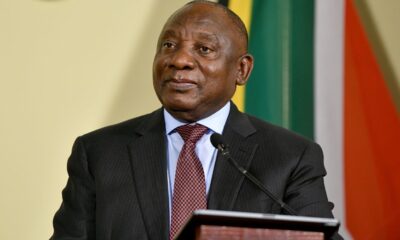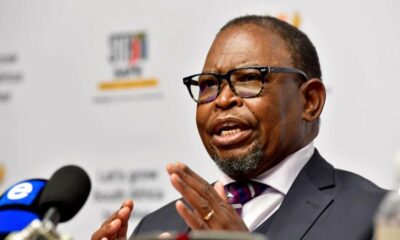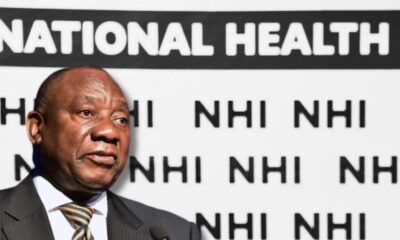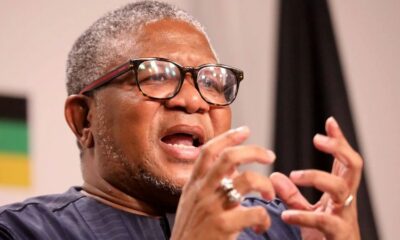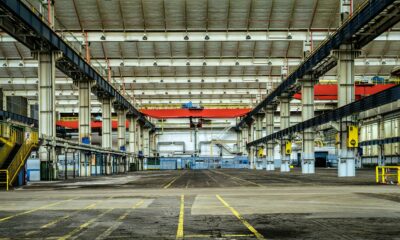Business
EU Pumps €11.5bn Into South Africa as Ramaphosa Pushes for Bigger Export Footprint
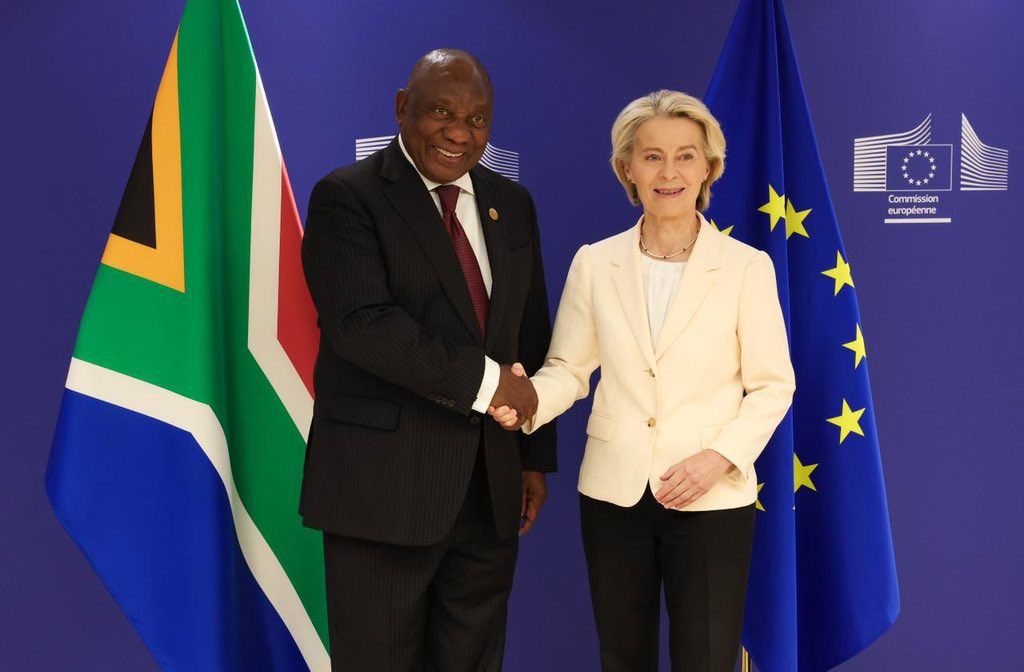
Europe Doubles Down on SA Investment as Ramaphosa Urges Stronger Export Push
South Africa’s bruised economy has caught a rare break. While tensions with the United States over tariffs and trade preferences have raised alarms, the European Union has stepped up with a dramatically expanded investment package worth €11.5 billion, roughly R233 billion.
The funding forms part of the EU’s Global Gateway initiative and was confirmed during President Cyril Ramaphosa’s visit to Brussels last week. Originally set at €4.7 billion earlier this year, the package has more than doubled, now covering energy, manufacturing, vaccine development, and digital infrastructure.
This isn’t just diplomacy, it’s a geopolitical play with economic lifelines attached.
Europe Moves In as Washington Drifts Away
This is the first major foreign investment boost announced since South Africa began looking for alternatives following Donald Trump’s trade war and his widely criticised rhetoric about land, minorities and aid.
When the US began tightening its grip on global trade threatening AGOA benefits and imposing tariffs South Africa quietly began recalibrating. Europe, which also clashed with Trump-era protectionism before striking its own tariff deal with Washington, became an increasingly strategic partner.
Brussels has maintained friendlier relations, even when Trump accused South Africa of targeting white farmers and cut aid. The EU openly backed Pretoria through that fallout and is now following through with money and political support.
It has also pledged support for South Africa’s upcoming G20 hosting, a forum the US president has chosen to skip. His Secretary of State, Marco Rubio, already boycotted the foreign ministers’ summit in Cape Town earlier this year.
Where the Money Is Going
The new investment spread includes:
-
Around R173 billion for the just energy transition
-
R24 billion for renewable energy components
-
R20 billion for infrastructure and connectivity
-
R6 billion for growing pharmaceutical manufacturing
Unlike the initial package, where only €303 million was non-repayable, the EU has not yet confirmed how much of the new funding will be grants versus loans. That detail has already sparked debate.
Labour Movement Welcomes It, With Caveats
Cosatu has cautiously embraced the deal, calling it a “vote of confidence” in South Africa’s economy and workforce. Parliamentary coordinator Matthew Parks said the funding could boost local industries, supply chains and jobs.
But he issued a warning familiar to every South African taxpayer:
“This must come as investments and grants, not more debt. We cannot afford another foreign currency trap.”
His concern echoes broader fears around the rand’s fragility and rising debt especially when loans are pegged to stronger currencies like the euro.
Ramaphosa’s Pitch: Open the Markets, Cut the Red Tape
Speaking in Brussels, Ramaphosa positioned the partnership as more than a financial boost he framed it as a reset of how Africa trades with Europe.
He called for:
-
Lower tariffs
-
Fewer non-tariff barriers
-
Easier access for African exports
-
Industrialisation driven through trade, not aid
He also highlighted progress in:
-
Vaccine manufacturing
-
Just energy transition efforts
-
Transport and logistics reform
-
Digital connectivity
-
Pandemic readiness
Ramaphosa argued that despite investment inflows, Africa is still constrained by outdated tariff systems and slow reform by global powers.
“We need to work together to remove the barriers that limit the scale of African exports to the EU,” he said.
What’s at Stake
South Africa is juggling:
-
A potential fallout with the US over trade preferences
-
Ongoing energy instability
-
Escalating debt risk
-
Investor fears over governance and logistics
Europe’s investment and its diplomatic posture, gives Pretoria breathing space. But experts warn that money alone won’t fix crumbling infrastructure or unlock exports unless government delivers on its own promised reforms in energy, ports, telecoms and water.
With Washington playing hardball and Beijing already deep in Africa, the EU seems intent on reclaiming its role as South Africa’s most stable trading ally. For Ramaphosa, the €11.5 billion announcement isn’t just economic news it’s political leverage.
Whether it ends up transforming local industries or simply padding loan books will depend on how the deal is structured in the coming months and whether South Africa can finally shift from talking about reforms to actually delivering them.
{Source: The Citizen}
Follow Joburg ETC on Facebook, Twitter , TikTok and Instagram
For more News in Johannesburg, visit joburgetc.com

